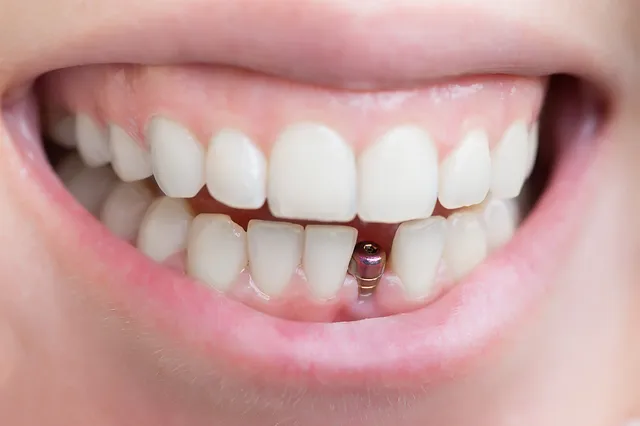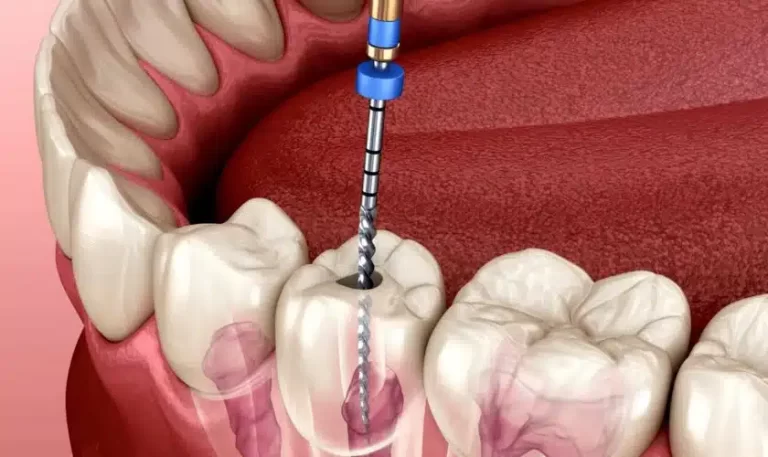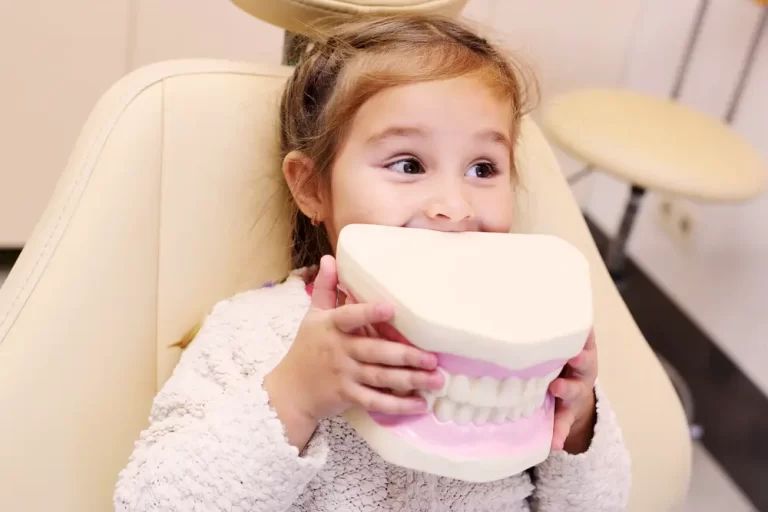In Indianapolis, dental implant surgery is seen as a major innovation in modern dentistry. It helps individuals to restore their confidence. It is a solution to your missing teeth. It is considered to be one of the most effective tooth replacement options. It is durable and long-lasting. Thus, it is preferable over traditional braces and dentures. With a skilled dentist in Indianapolis, IN, patients can reclaim the confidence and functionality of their teeth. If you are considering this treatment, it is important to know the intricacies of the procedure and how the recovery takes place.
Let us look at the procedure and recovery of dental implant surgery:
- A thorough consultation before surgery.
The patients will undergo a detailed examination pre-surgery. This is to examine their oral health, explain the treatment process, and make a customized treatment plan for the patient. The patient should know what to expect from the surgery.
- Placing of the implant into the jawbone.
The surgery is done under local anesthesia so that the patient will not get uncomfortable or feel pain of any kind. After this, the dentist places the titanium implant into the jawbone of the patient. It has to be done precisely where the tooth is missing. Sometimes, bone grafting is also recommended for those who do not have sufficient bone density. Thus, the entire process may have some additional procedures like sinus lifts or bone grafting.
- Osseointegration, or the healing process, begins after placing the implant.
Patients will enter a healing period where the implant fuses with the surrounding bone tissue. The healing process can take up to several months to completely heal, but it is a necessary step to ensure the longevity and success of the implants. If the healing does not take place as it should, the patient may lose the implant.
Patients need to be careful during this time; maintaining proper oral health and routine checkups are important to prevent complications in the implant.
- A small connector called an abutment is attached to the implant after a healing period.
Once the healing process is completed, an abutment is placed into the implant. It can be seen as a foundation for restoration to be placed on top, like crowns or bridges. It is the final restoration process for the implant.
- A final custom restoration is to be attached to the abutment to complete the implant process.
Patients will work with the dentist to get a custom restoration that will match the shape, color, and size of their teeth.
- Detailed instructions for post-surgery care.
Patients will receive post-surgery care guides from their dentists. This can include various dietary restrictions, oral hygiene practices, etc.
Book a consultation to get your treatment started!
A skilled dentist in Indianapolis can provide a seamless experience to ensure a healthy outcome for your implant.









